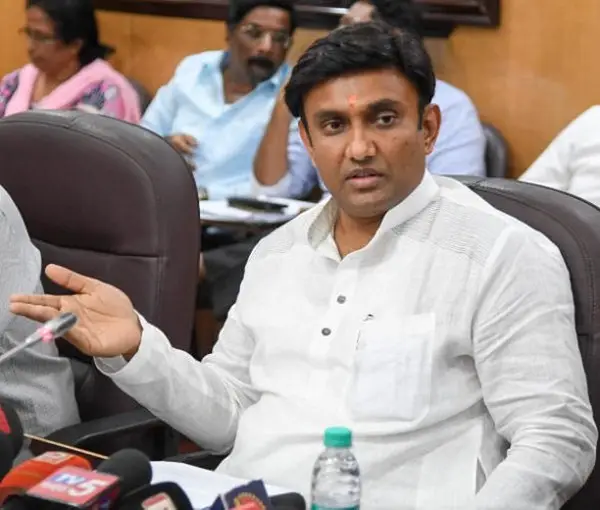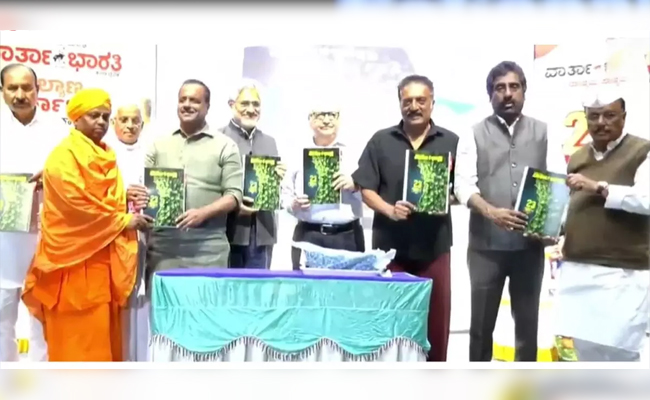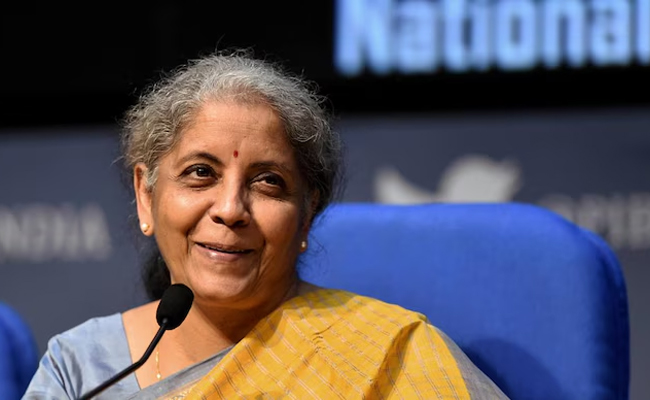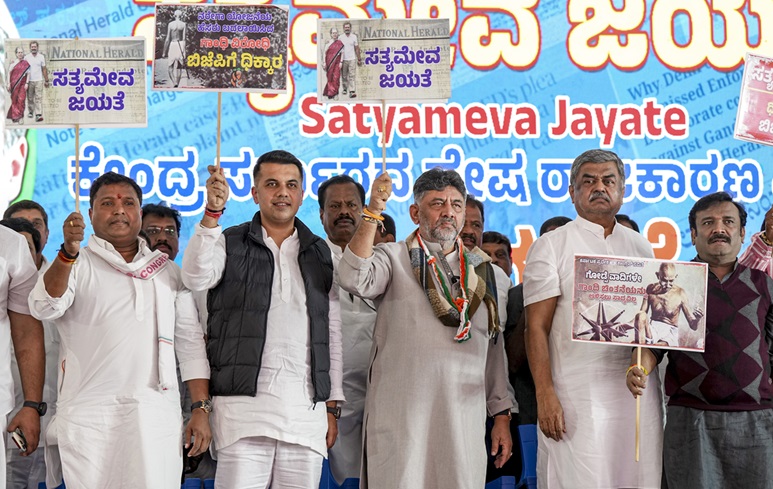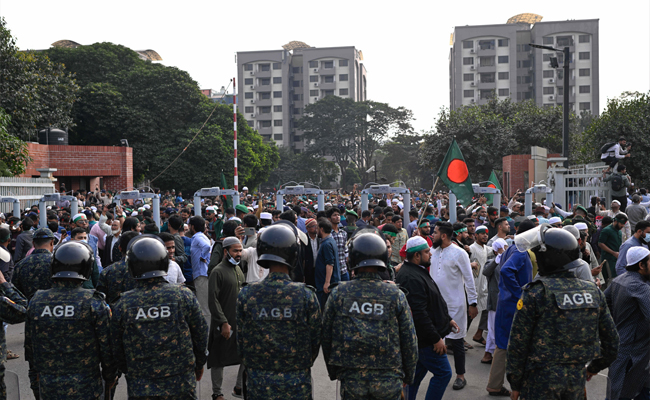A special vaccination drive to inoculate an estimated 48 lakh children aged between 1-15 against Japanese Encephalitis (JE) will be held in Karnataka from December 5 for a period of three weeks, State Health Minister K Sudhakar said on Sunday.
Encephalitis is the inflammation of the brain caused by either infection or an allergic reaction.
''JE is one of the most common causes of Encephalitis in India and a total of 68,000 cases are reported every year. Among these, the death rate is around 20 to 30 per cent. Among those who are cured, 30 to 50 per cent of people end up with sensory and motor weakness, and other permanent physical and mental disabilities,'' Sudhakar said.
''In the first week now (December), vaccinations will primarily be focused on Private and Government schools, following this, in the next two weeks, we will be focusing on vaccination drives in health institutions, Anganwadi centers and among communities,'' he said. Union Health Ministry will be supplying the Jenvac vaccine to conduct the drive.
The JE is caused by a virus called flavivirus and it is primarily transmitted by Culex mosquitoes. The virus is maintained in pigs and wild birds which are called amplifier hosts. While man is the dead-end host.
According to an official release, under Universal Immunisation Programme in the State, Ballari, Raichur, Koppal, Vijayapur, Chikkaballapur, Kolar, Mandya, Dharwad, Chitradurga and Davanagere are identified as the 10 endemic districts for this virus.
In these districts, JE vaccine is given to children after they complete 9 months and a second dose is given at the age of 1.5 years.
As per the directive of the Union Ministry of Health and Family Welfare, additional JE campaigns are conducted in Bagalkote, Dakshina Kannada, Gadag, Hassan, Haveri, Kalaburgi, Tumkur, Ramanagara, Udupi and Yadgiri districts during the JE non transmission period.
In this campaign, one dose of the JE vaccine will be administered to children aged 1 to 15 years.
''Now we have to wage a war against JE and our Health Department is fully prepared. Let us all join hands in the fight against Encephalitis and protect our future generations from the crippling effects of this disease,'' Sudhakar said.
Let the Truth be known. If you read VB and like VB, please be a VB Supporter and Help us deliver the Truth to one and all.
Kalaburagi: The Kalyana Karnataka edition of the Kannada daily Vartha Bharati was formally launched on Saturday at a programme held at Dr S M Pandit Rangamandir in Kalaburagi. The event also marked the release of the newspaper’s twenty-third annual special issue, a compilation of selected editorials, and the Kalyana Karnataka special supplement.
The programme was inaugurated by Karnataka Legislative Assembly Speaker U T Khader. The Kalyana Karnataka edition of Vartha Bharati was unveiled by Siddharth Varadarajan, Editor-in-Chief of The Wire.
The twenty-third annual special issue was released by multilingual actor Prakash Raj. The book compiling selected editorials of Vartha Bharati was released by B R Patil, Vice-Chairperson of the State Policy and Planning Commission and MLA from Aland. The Kalyana Karnataka special supplement was released by Rahim Khan, Minister for Municipal Administration and Haj.
ALSO READ: Kalaburagi: ‘Vartha Bharati’ Kalyana Karnataka edition launched
Chairperson of the State Waqf Board and Sajjada Nashin of the Khwaja Bande Nawaz Dargah, Hazrat Syed Mohammed Ali Al Husseini, and Kalaburagi South MLA Allamaprabhu Patil were present as chief guests.
Among the special invitees on the dais were Koraneshwara Mahaswamiji of the Tontadarya Anubhava Mantapa, Aland; Bishop Rev Fr Robert Miranda of Kalaburagi; Bhante Varajyothi of Anandur; social activist K Neela; farmers’ leader Chamarasa Mali Patil; DSS state convenor D G Sagar; and activist and singer Ambanna Arolikar.
Speaking on the occasion, Assembly Speaker U T Khader said Vartha Bharati had emerged as the voice of the weak and the voiceless in society and had earned the love, trust and confidence of people across the state. He said the newspaper had carved out a distinct identity in the media landscape and expressed happiness that it was now reaching the Kalyana Karnataka region. He added that Vartha Bharati had remained free from political pressures and inducements and expressed hope that it would continue to stand as a support system for the distressed.
B R Patil said running a newspaper in the present times was not easy, as the media sector had increasingly turned into an industry driven by profit. Amidst such challenges, he said, Vartha Bharati had maintained integrity, honesty and commitment throughout its twenty-three-year journey. He expressed confidence that the newspaper would continue on the same path. Referring to Kalaburagi, he noted that the region frequently witnessed agitations due to the large number of unresolved issues, and said Vartha Bharati should continue to bring the problems and suffering of the people to the attention of the government and contribute to finding solutions.

